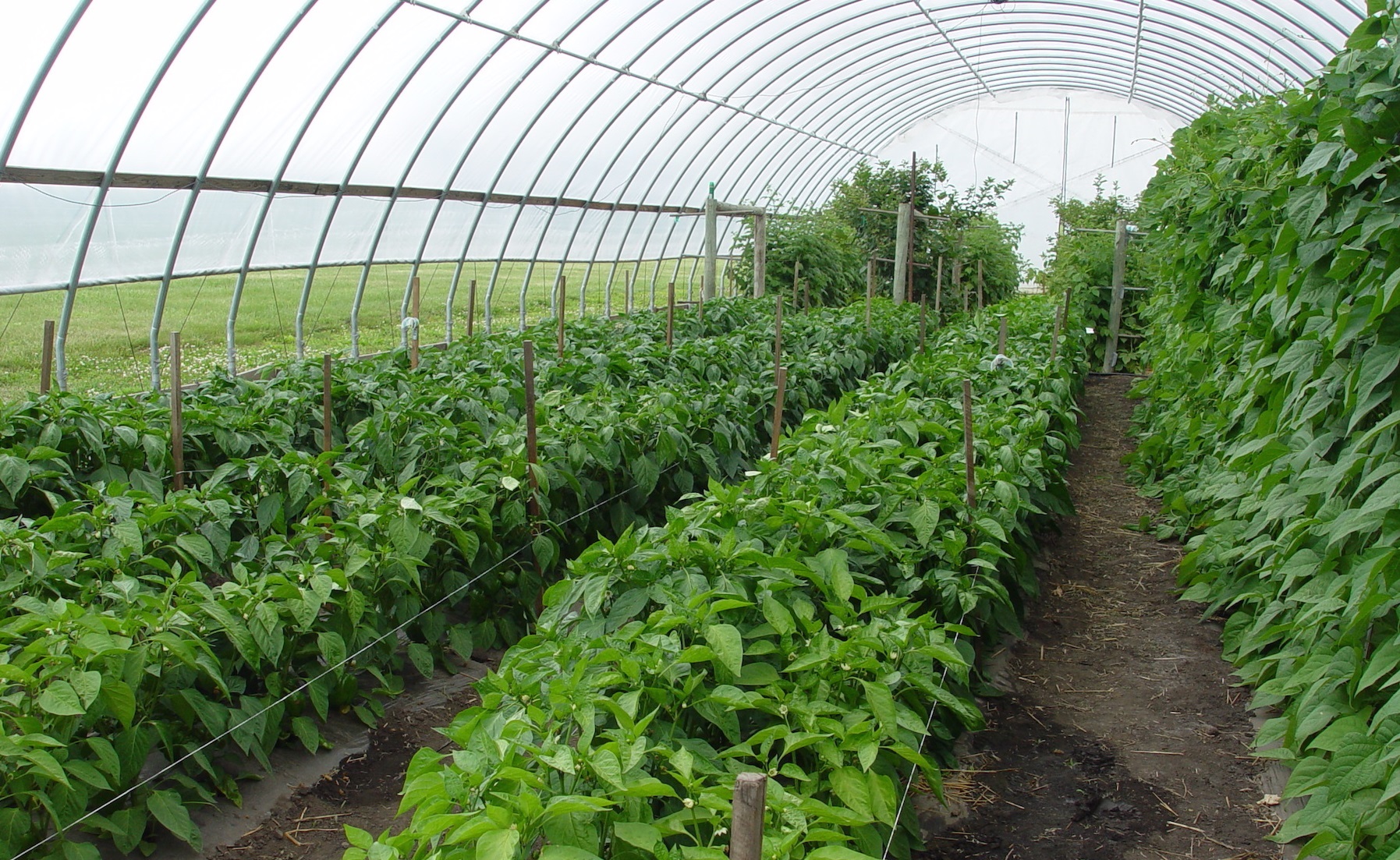
ISLAMABAD: The Business Community has urged the government to take concrete measures to bring down the cost of agriculture production, besides prioritizing the agriculture sector in its economic plan, and ensuring food security through enhanced per acre yield.
At present we need to increase our yield per acre in all major crops including cotton, rice, wheat and maize he said and added “without value addition in the agriculture sector and development of agro-industries we would not be able to develop our economy better” said Pakistan Businesses Forum (PBF) Vice President, Ahmad Jawad.
He suggested nanotechnology for high-efficacy agriculture will promote traditional agriculture on the road of high-quality connotative development. It can effectively promote farmers increase in production and income and solve problems such as abandoned farmland and the adverse effects caused by excessive use of pesticides and fertilizers.
In this regard Ministry of National Food and Security should talk with China to extend its achievements to the iron-brother Pakistan in the field of nanotechnology to promote high-yield agriculture.
As the results of nanotechnology for High-yield Agriculture projects will not only benefit Pakistani farmers, but also open a new way for China agricultural science and technology to reach the world.
Similarly “we must seek Chinese cooperation in the development of crop varieties, animal breed improvement, collaboration in further development of agricultural machinery and improvement of capacity development and training”.
He maintained that lack of investment in agriculture research, climate change, poor governance and bad planning in the past has resulted in the shortage of wheat, sugar and cotton in the country.
According to documents, cotton arrivals in Punjab were recorded at 3.5 million till 2021, as compared to 5 million bales last year. On the other hand, Sindh generated just 2.1 million bales, which was 38.52pc less when compared with the last year’s production.
Jawad noted that the country was producing 26.7 million tonnes of wheat on 9.2 million hectors a few years ago. “But yield has now declined to 24 million tonnes while production area has reduced to 8.8 million hectors.”
Similarly, cotton production area shrank to 2.5 million hectors in Pakistan, with yield at 618kg per hector. In comparison, India was producing 29.4 million cotton bales, and China 27.5 million bales and sugarcane production was recorded at 75.5 million tonnes on 1.2 million hectors last.
“Despite 11.5pc increase in cultivated land, along with 187pc surge in wheat production, 171pc in cotton production and 162pc in sugarcane production during the last 45 years, the country is struggling meet its demands mainly due to continuous increase in the country’s population, which has reached 222.1 million with a growth rate of 1.9pc”.
“Keeping the above in mind, the government must reduce the cost of production through direct support to farmers in purchase of machinery, fertilisers, pesticides and other inputs, while infrastructure should also be developed to ensure farm-to-market access. Besides, the government should formulate sustainable agriculture policy to ensure food security in the country,” he added.
“After the 18th amendment, agriculture is a provincial subject but unfortunately it looks that provincial governments are not serious in increasing the production as they had not taken any positive steps in this regard so far,” he lamented. “Negligence in agriculture sector could lead the country towards severe food security while shortage of essential food items would increase inflation.”
He further pointed out, “Seed is the basic input for agriculture sector and has an imperative role in enhancing agriculture productivity. The world has now focused on the use of certified seed for enhancing agriculture productivity owing to its better profitability coupled with the application of internationally acceptable quality parameters.”
Ahmad Jawad opined that technology and farm mechanization could accelerate the growth of agriculture sector. “Since all economic indicators are moving in the positive direction, the government should now divert its full attention to share the benefits of this movement with the masses,” he concluded.